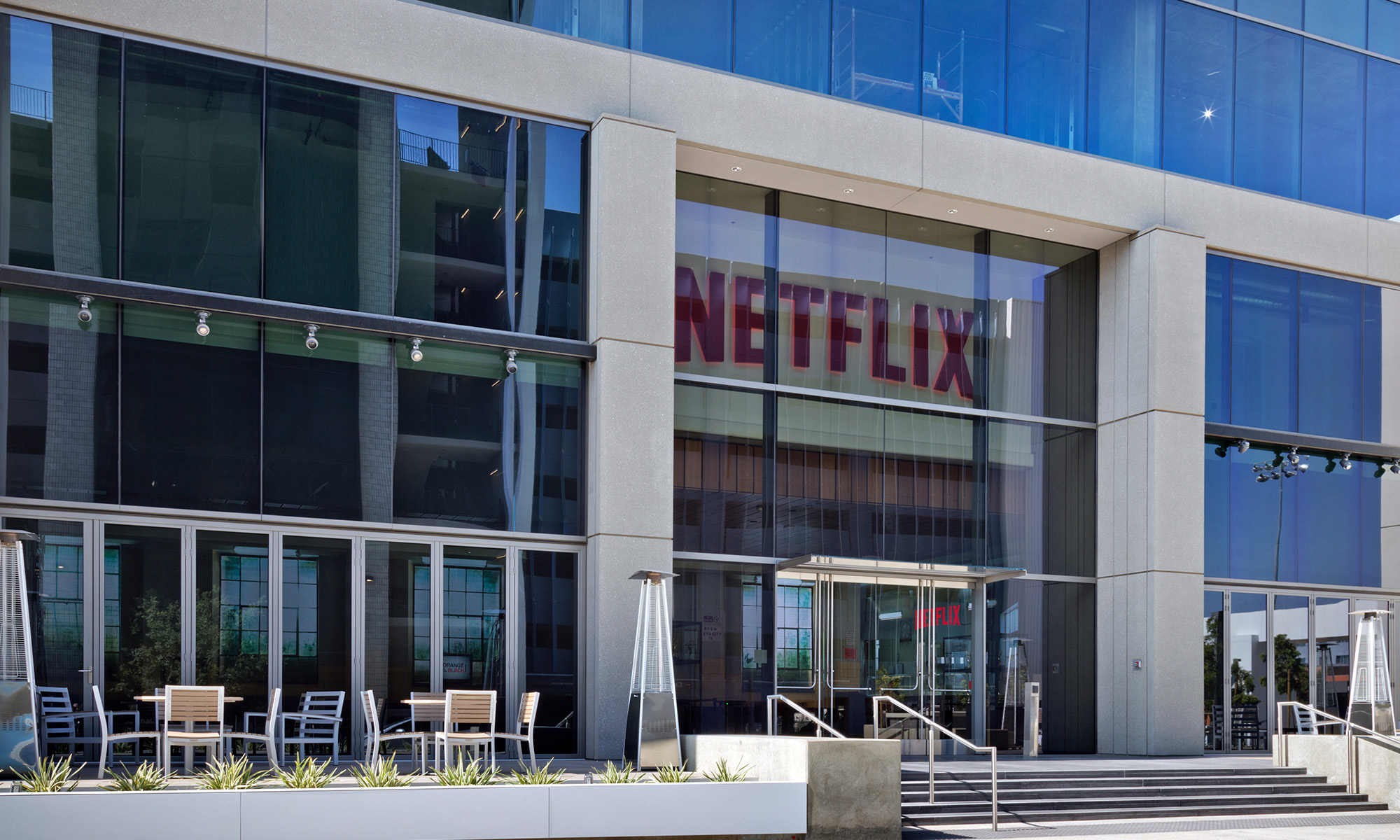Netflix (NFLX +0.28%) just hit the "split" button again, announcing a 10-for-1 stock split after the market closed on Oct. 30, 2025.
The split itself won't kick in until after the closing bell on Friday, Nov. 14. Starting the following Monday, your pile of Netflix shares will have multiplied like Gremlins after midnight -- except without the water and chaos. Every shareholder of the media-streaming pioneer will suddenly find themselves holding 10 times as many shares, each trading at about a tenth of the price. That's roughly $109, give or take whatever drama the market cooks up in the next two weeks.

NASDAQ: NFLX
Key Data Points
Haven't I seen this movie before?
If you're experiencing déjà vu, you're not alone. Netflix has been here twice before, with a 2-for-1 split back in 2004 and a more dramatic 7-for-1 move in 2015. If you're a very early investor who never sold, you'd have multiplied your share count by 14 at this point. By mid-November, it'll be 140 stubs.
While stock splits technically don't make your Netflix pie any bigger, they do slice it into more, and thinner, pieces. Let's say you have 10 Netflix shares today, worth roughly $10,900 in total. The split won't change the overall investment value, other than the bullish psychological effects of watching share prices rise so far that they need another accounting haircut. You'll just end up with 100 Netflix shares, adding up to the same $10,900 market value.
The company says it's all about giving employees more flexibility with their stock option plans -- not to mention making the price tag a little less jaw-dropping for retail investors who might otherwise feel like they're shopping for a family sedan, not a single share. Without the two earlier splits, one Netflix share would have cost about $15,246 on Thursday afternoon. Only one ticker on the American stock market holds a richer price than that -- the Class A version of Berkshire Hathaway (BRK.A +0.30%) (BRK.B +0.21%), which famously has never split and trades at approximately $720,000 per share nowadays. Netflix chose a different path, and continued walking down the more shareholder-friendly avenue with its third split announcement.

Image source: Netflix.
How important is this split, anyhow?
As with most splits, this move has sparked a little celebration: the stock popped around 3% after hours. In the grand scheme, a split is mostly optics and accessibility -- a bit like cutting your giant birthday cake into more manageable slices. Netflix's fundamentals won't change, but for employees with stock-based compensation plans, option holders, folks who like their shares in "fun size," and investors with stock-buying budgets below $1,000, things got just a little bit sweeter.
It may look strange to see Netflix announce a splashy 10-for-1 split one week after an earnings-based price drop of 10% in a single day, but the general price trend still points up and the recent drop looks like a mistake. A single noncash Brazilian tax bill of $619 million slashed $46 billion off Netflix's market cap. It would be one thing if these taxes were recurring, but this should be a one-time item, and Netflix is still seeking ways around it in the Brazilian court system.
Stop me if I told you this just a minute ago, but the split neither hurts nor helps Netflix's business or the stock's long-term returns. That stuff is based on business strategies, financial results, and market trends. Apart from unexpected Latin American tax bills, Netflix is in good shape. With or without the split announcement, I'm tempted to double down on my decades-old Netflix position. This stock has been very good to me over the years.







